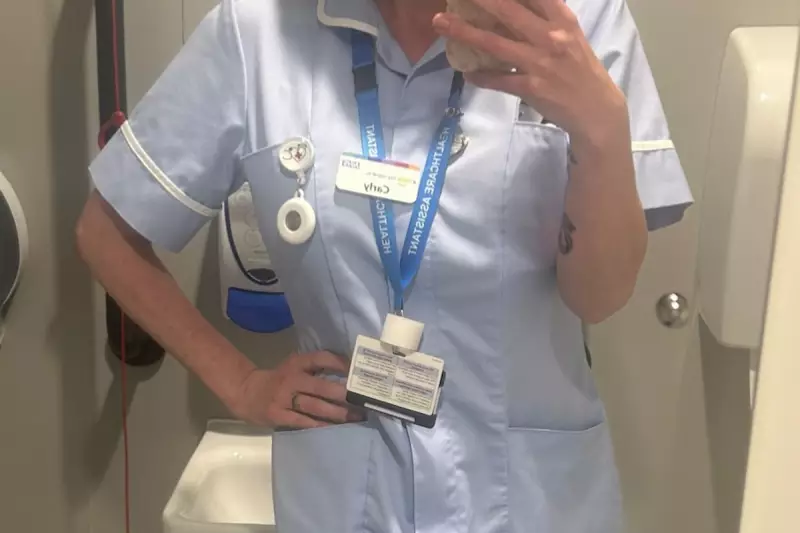
The National Health Service is facing fierce criticism after refusing to fund a revolutionary weight-loss treatment for a mother whose life has been transformed by the drug during a private prescription trial.
Carly Stokes, 41, from Kent, has been taking the weekly injection Tirzepatide, sold under the brand name Mounjaro. After struggling with her weight for decades and trying countless diets, the medication has enabled her to lose nearly three stone. She describes it as a 'miracle' that has silenced the constant 'food noise' in her head.
A Heartbreaking NHS Rejection
Despite its dramatic success, her local NHS Integrated Care Board (ICB) has rejected her application for funding. The decision letter stated the treatment is 'not routinely commissioned' and that there is 'not enough evidence to support its use for treating obesity except in research studies.'
This is a devastating blow for Carly, who fears returning to her old struggles. "I'm absolutely terrified of coming off it," she confessed. "I don't want to go back to that person who was pre-occupied with food 24/7."
The Prohibitive Cost of a Second Chance
The core of the issue is cost. While similar drugs like Ozempic (Semaglutide) are available for diabetes, Mounjaro is newer and more potent. A private prescription can cost between £250 and £300 per month, a sum far beyond the means of most individuals seeking long-term treatment.
NHS guidelines currently recommend other weight management interventions first, such as diet and exercise programmes or surgery. Drugs like Mounjaro are often considered a last resort, creating a postcode lottery for patients.
A National Health Crisis at a Crossroads
This case highlights a growing national dilemma. With obesity rates soaring and related conditions like heart disease and diabetes placing an immense burden on the NHS, are cutting-edge medications part of the solution?
Experts are divided. Some hail these drugs as a monumental breakthrough in treating a chronic health condition. Others warn of their significant long-term cost to the health service and unknown side effects.
For now, Carly Stokes remains in limbo, a symbol of the difficult choices the NHS must make between groundbreaking innovation and cold, hard financial reality.





